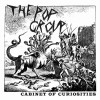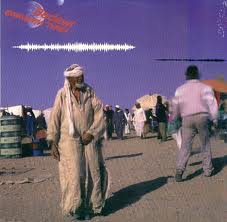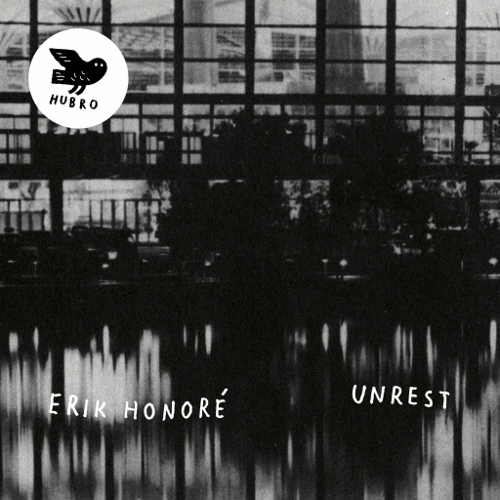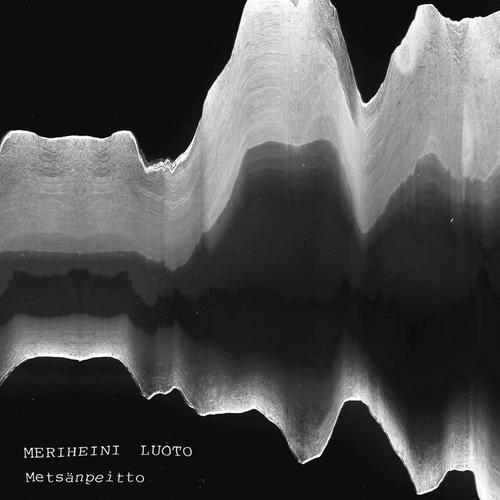 See, I managed to miss The Pop Group, though this is kind of forgiveable given that I would have been like eight years old or something at the time. Slightly less forgiveable is the fact that I managed to continue missing them for the next thirty years. Which is weird, because not only was I a big fan of bands who had been influenced by them (in particular The Birthday Party, one of the greatest bands ever) but I was also a big fan of Mark Stewart‘s solo output, particularly his stuff in the ’90s with the On-U Sound System, and even more particularly with his 1990 album Metatron.
See, I managed to miss The Pop Group, though this is kind of forgiveable given that I would have been like eight years old or something at the time. Slightly less forgiveable is the fact that I managed to continue missing them for the next thirty years. Which is weird, because not only was I a big fan of bands who had been influenced by them (in particular The Birthday Party, one of the greatest bands ever) but I was also a big fan of Mark Stewart‘s solo output, particularly his stuff in the ’90s with the On-U Sound System, and even more particularly with his 1990 album Metatron.
For me, the thing that made the post-punk era so fascinating and exciting was that it seemed to fulfil a lot of the promise punk came with but often failed to deliver on. Much as I love traditional punk rock, it’s always seemed a shame that for the most part there’s one very similar sound throughout. From a movement which seemed to promise such change and originality has, inevitably, grown a relatively homogeneous (albeit awesome) genre. It was the turn of the ’80s when the next generation of punks decided to branch out more, taking cues from The Clash‘s musical experimentation as well as the huge variety of incredible music by black artists at the time. Much as Talking Heads had introduced funk to the wiry New Wave template before, or New Model Army would very soon after bring folk and Northern Soul to the table, The Pop Group drew in dub, Beefheart-esque jazz lunacy and, especially, funk, to build the soundtrack to a revolution Emma Goldman could very definitely have danced to.
Cabinet Of Curiosities pretty much does what it says on the tin. It’s a collection (or a “cabinet”, if you will) of alternate mixes, live stuff and Peel Sessions (or “curiosities”, if you will again). It’s not quite as essential as previous compilation We Are Time, but it’s a great starting point for anyone else who somehow managed to managed to miss out.
The plaintive “Don’t Sell Your Dreams” is also here in live form, as well as two previously unreleased songs, “Abstract Heart” and “Karen’s Car.” The former of these is is a relatively low-tempo jazz affair, all suspension and resolution, while the latter is a chilling account of the death of nuclear whistleblower Karen Silkwood. Always wearing their politics on their sleeves, The Pop Group never seem to have bought into the cynicism of a lot of their contemporaries, never more effective than when screaming in rage at the manifold injustices of the world. On which note we are also given an alternate (and to my mind better) version of “Amnesty Report,” its dub-jazz backing in combination with almost Throbbing Gristle-esque slabs of guitar noise providing the perfect environment for Stewart to recite methods of torture over. Given all that’s been in the news these last couple of weeks about the CIA, it’s arguably more relevant than ever, which is the case for the band as a whole.
For a band who claimed We Are Time, they didn’t half make some timeless music. Still vital, still impossible not to get angry about, or not to dance to. Music to build a new world by. A kinder world. A fairer world. And most of all, a FUNKIER world.-Justin Farrington-



